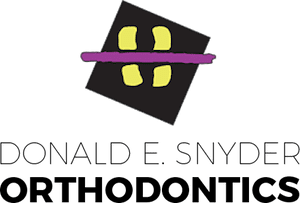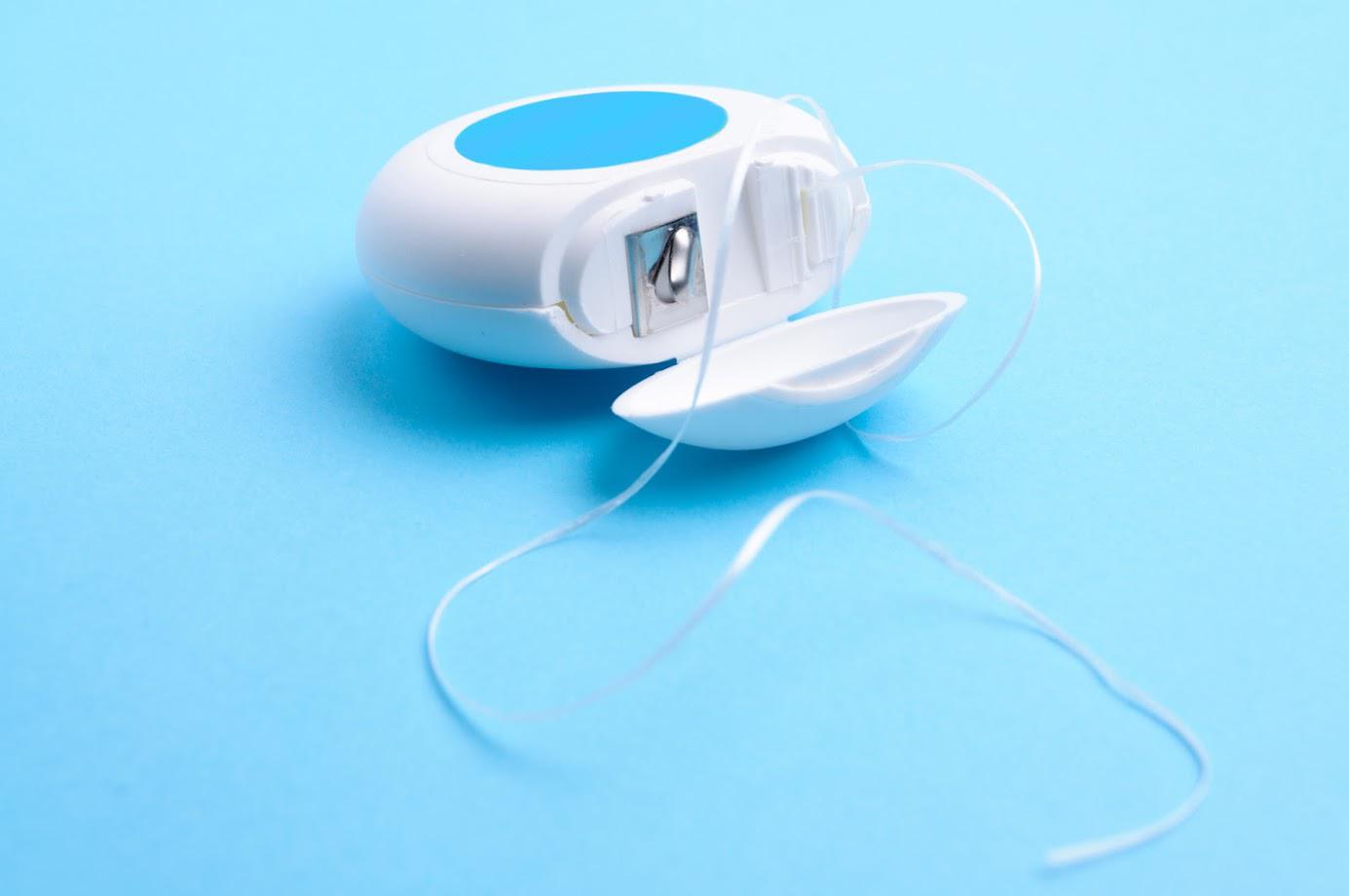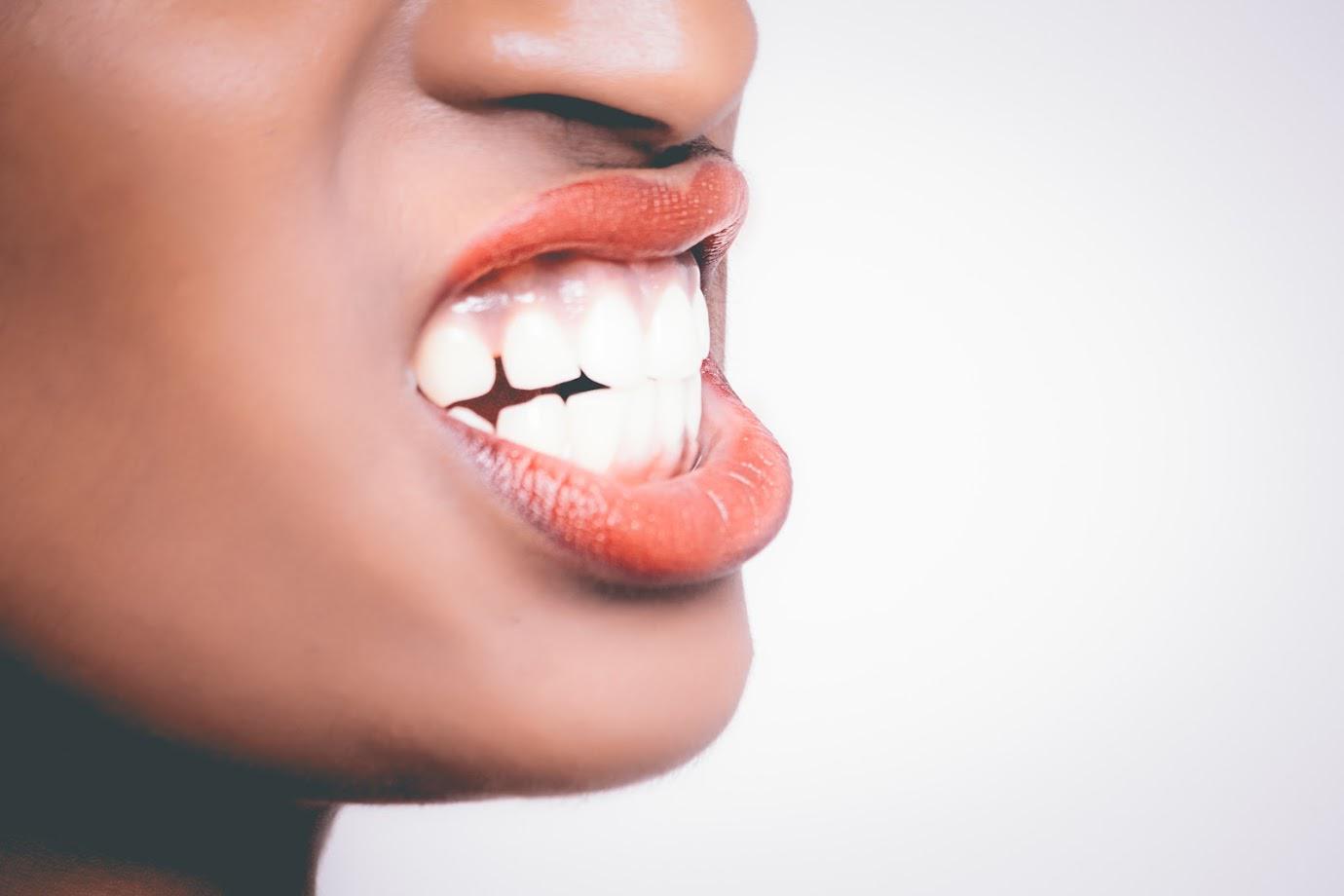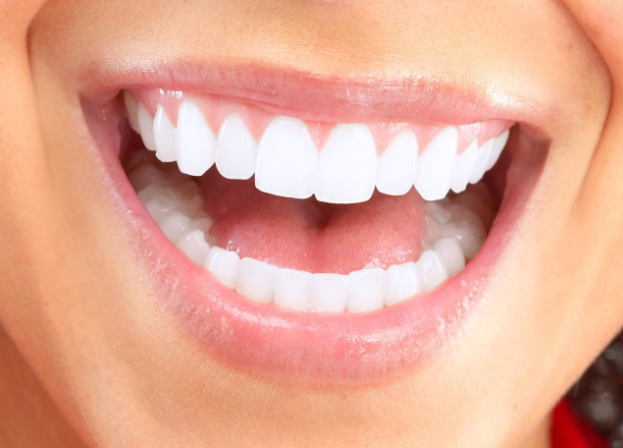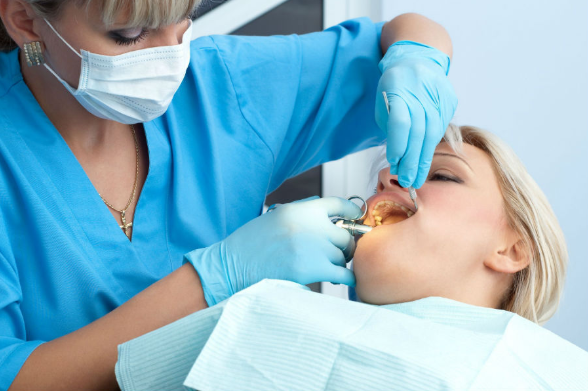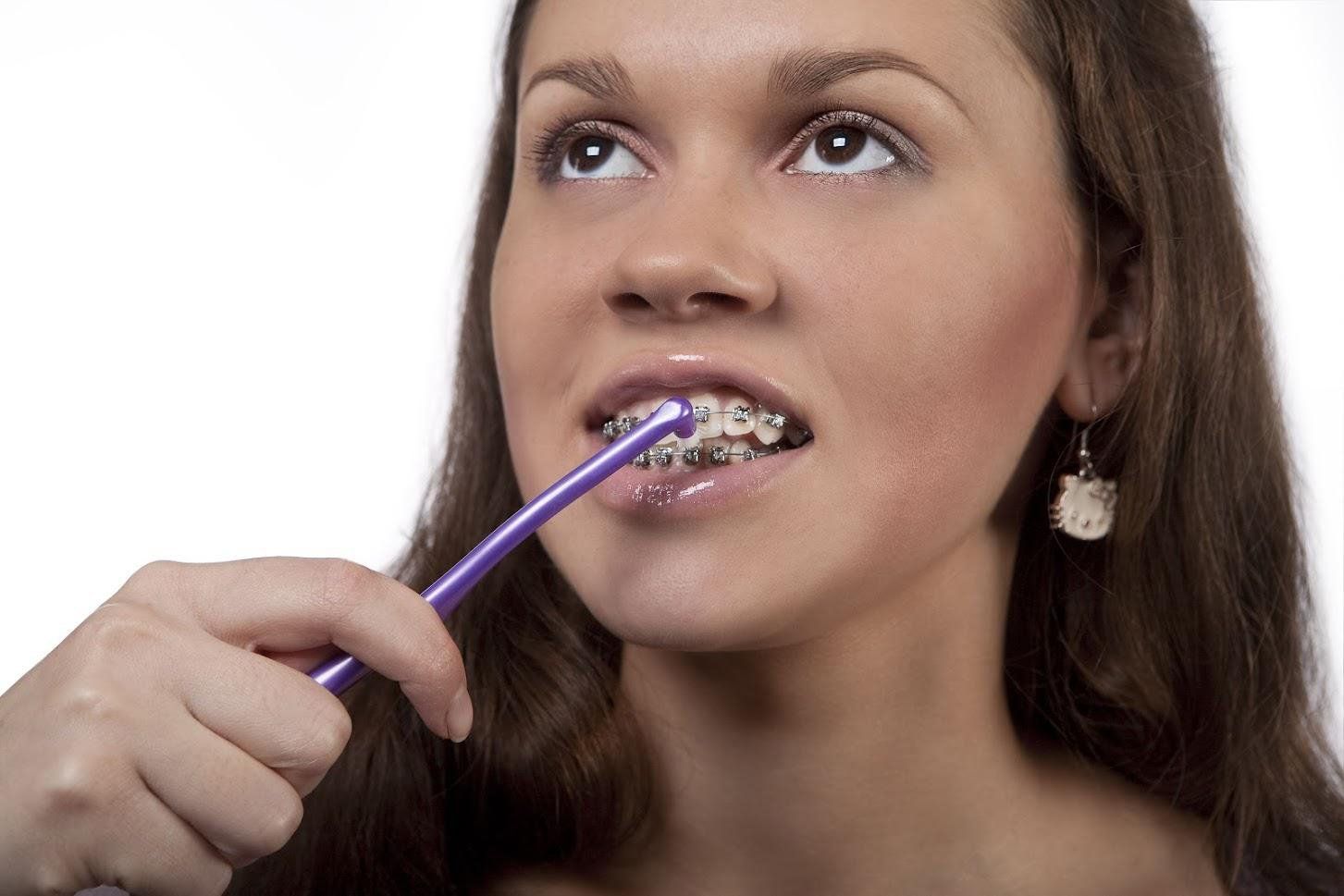GET THE SMILE OF YOUR DREAMS
Specialist in Orthodontics in Fresno, CA
Braces: Benefits Beyond a Straighter Smile
- By Admin
- •
- 20 Sep, 2018

Orthodontic devices straighten teeth. But that's not all they do. Even though you might choose braces for yourself (or your child) as a way to correct crooked teeth, the orthodontic appliance can provide you with an overall healthier mouth. Take a look at the benefits of braces and how their effects go well beyond simply straightening your smile.
Clenching and Grinding
Teeth grinding, also known as bruxism, can cause a host of problems. Headaches, chipped teeth, pain, worn enamel, jaw pain, and sleep disruption are all consequences of this condition. While bruxism has many different causes, including stress and genetics, a misaligned jaw or uneven teeth can also raise the risk.
If the orthodontist finds that your jaw isn't lined up properly and you also have bruxism, braces may be a win-win option. Even though braces aren't a viable choice to prevent bruxism, they can correct a diagnosed underlying cause or fix misalignment issues that result from constant grinding.
TMJ Disorder
Temporomandibular joint disorder (TMJ) is a jaw condition that can cause pain, sensitivity, and other related issues. Improper jaw alignment can cause damage to the joint, resulting in this uncomfortable disorder. In some cases, bruxism can raise the risk. But the two conditions are separate and not always related.
Many different treatments exist for TMJ disorders, including medications, oral splints, mouth guards, and physical therapy. For some patients who have diagnosed misalignment of the jaw, braces can correct the root problem.
Braces may not effectively treat TMJ if the underlying cause isn't an existing alignment issue. But if your bite doesn't line up correctly, the continued stress on the joint may worsen the problem. This orthodontic treatment is essential to reduce the effects of the disorder.
Tooth Decay
Jaw alignment issues aren't the only reasons to choose orthodontic treatment. Overcrowding in the mouth can cause serious problems for your dental health. Teeth that aren't spaced correctly may make proper dental care almost impossible.
Without the ability to brush or floss every surface of the tooth, you're at risk for dental decay. While several factors may increase the likelihood that you'll develop dental caries (cavities), poor oral hygiene is a major contributor. Moving your teeth, through orthodonture, to a more natural position can make dental care easier.
Gum Disease
In addition to tooth decay, overcrowding can also cause gum disease. Again, several different factors contribute to periodontal (gum) disease. But bacteria buildup from poor oral care is one of the primary culprits behind this condition.
Overcrowding causes the slim gaps in between teeth to close almost completely. The result is the inability to get something as small as a piece of floss or a flossing tool in the crevasse.
Even though you can't get the floss in the space, microscopic microorganisms can get into the area. These bacteria can feed on any leftover debris and increase the chances of developing gingivitis or more serious gum disease.
Luckily, moving the teeth apart slightly makes it easier to adequately remove debris and disease-causing bacteria. The result is a reduced likelihood of developing periodontal disease.
Speech and Communication
Along with the dental issues that braces can repair, these amazing orthodontic devices can also help to improve the way you speak. A misaligned bite can cause problems speaking, resulting in difficulties such as lisps.
Using braces to align the bite can remedy the underlying cause of some speech issues — often along with speech therapy.
Do you or your child need braces? Contact our experienced dental team at Donald E. Snyder Orthodontics for more information. We offer a variety of orthodontic services to meet your needs.
